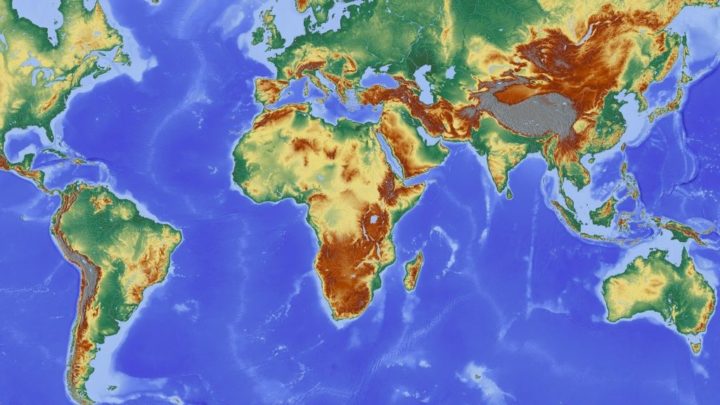Rare Diseases South Africa (RDSA) and The Rare Diseases Access Initiative (RDAI) have recently come together to talk about the issues that those living with rare diseases in South Africa face and possible solutions for those challenges.
To accomplish their goal, they led a 3 hour webinar with over 100 attendees. The discussions focused on ways to improve healthcare, ensure equitable care, and improve the quality of life for South African’s living with a rare disease.
Rare Diseases in South Africa
Rare diseases are classified as conditions which impact less than 1 out of 2,000 people. In total, there are over 7,000 rare diseases.
In South Africa alone, there are 3.7 million people diagnosed with a rare condition.
Each disease on its own affects few individuals. However, together, they impact many.
Each disease is complex and requires specialized attention, research, and care. Each condition can impact many parts of the body, and therefore a dedicated team of specialists is often needed to properly assist each patient.
Unfortunately, in South Africa, the healthcare system isn’t organized to adequately support the care of many rare disease patients.
In the country, 8.5% of the GDP goes to healthcare. However, health outcomes in the country are one of the worst in the world.
In the webinar it was discussed that healthcare should be accessible and affordable for everyone. The National Health Insurance (NHI) works to finance healthcare in the country. Its ultimate aim is deliver free universal health coverage for all patients.
The Webinar
Many doctors, researchers, and health officials served as speakers in this webinar. For instance, Katryn Fourie from the National Health Laboratory Services discussed how important genetic counseling, newborn screening, and diagnostic tests are. The first step in rare disease treatment is a proper diagnosis. Without knowing what’s wrong, it’s impossible to provide proper treatment or develop a proper care plan. Additionally, faster diagnosis means less time chasing answers and undergoing unnecessary testing or invasive procedures. Unfortunately, genetic testing is expensive, and typically patients have to pay for them themselves.
But genetic testing isn’t the only barrier. Another barrier is that there are limited individuals with rare disease knowledge across the country. Therefore, patients often have to travel long distances to get the care they need.
To improve disjointed care, the establishment of centers of excellence may also improve outcomes for rare disease patients. This way, patients would have access to a multidisciplinary team of specialists all in the same area.
These experts also explained that as much as establishing better care for patients will improve patient outcomes, it will also provide an economic benefit for the county as a whole. This benefit has not been quantified, but by improving speed of diagnosis and improving care for patients, care is more effective.
Collaboration
All of the attendees know that one thing is critical for change: collaboration.
The team will work to amend current policies and regulatory frameworks in order to improve outcomes for rare disease patients. They hope to increase the capacity of healthcare systems, improve communication, map the disease burden accurately, improve data accessibility, improve methods for determining intervention, and more.
These are goals that everyone must participate in- patients, the government, scientists, doctors, researchers, industry partners, and more.
“Collaborative research combined with collaborative coordinated care including diagnostics, therapeutics and access is necessary to ensure that nobody is left behind.”
The primary goal is to get South Africa’s healthcare system on par with regions and nations like the United Kingdom and the European Union by establishing a National Rare Disease Policy.
You can read more about this issue in South Africa and the efforts being made to combat it here.







